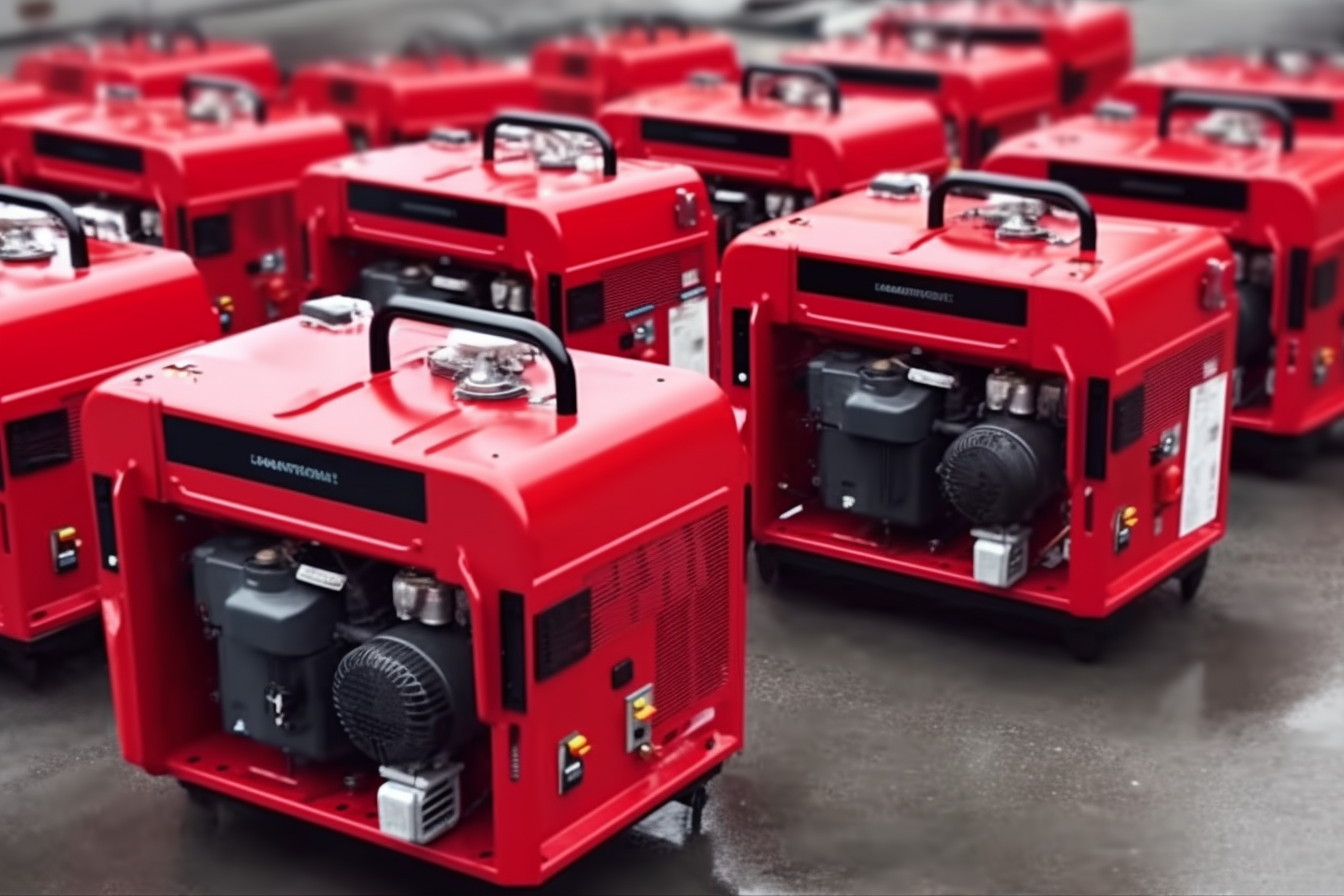Power Generator Options for Australian Homeowners
Power outages can strike unexpectedly, leaving Australian households without essential electricity for lighting, refrigeration, medical equipment, and communication devices. Whether caused by severe weather events, grid maintenance, or infrastructure issues, these disruptions highlight the importance of having reliable backup power solutions. Modern power generators offer various technologies and configurations to keep homes running during electrical emergencies, from traditional fuel-powered units to innovative solar-battery combinations that provide clean, quiet operation.

How to Choose the Best Generator for Home Backup Power
Selecting an appropriate backup power system requires careful consideration of your household’s specific energy needs and usage patterns. Calculate the total wattage required by essential appliances such as refrigerators, lighting circuits, heating or cooling systems, and any medical equipment. Consider both starting watts, which some appliances need briefly when powering on, and running watts for continuous operation. Portable generators typically provide 1,000 to 10,000 watts, suitable for powering selected circuits or appliances during outages. Whole-house systems can deliver 15,000 to 25,000 watts or more, maintaining power to entire homes automatically when grid electricity fails.
Understanding Generator with Battery Storage Systems
Battery storage generators represent a growing segment of backup power solutions, combining rechargeable battery banks with inverter technology to provide clean, silent operation. These systems store electrical energy that can power homes for several hours to multiple days, depending on battery capacity and household consumption. Lithium-ion battery generators offer advantages including instant startup, no fuel storage requirements, indoor operation capability, and minimal maintenance needs. Many models allow expansion through additional battery modules, letting homeowners customize storage capacity based on their specific backup power duration requirements and budget considerations.
Standby Generators for Home Use Applications
Permanently installed standby generators provide automatic backup power activation within seconds of detecting grid power loss. These systems connect directly to home electrical panels through transfer switches, seamlessly maintaining power to selected circuits or entire homes without manual intervention. Standby units typically operate on natural gas or liquid propane, eliminating concerns about fuel storage and regular refueling during extended outages. Professional installation ensures proper electrical connections, fuel line setup, and compliance with local building codes and utility requirements for safe, reliable operation.
Electricity Generator Options for Home Installation
Home electricity generators encompass various fuel types and installation approaches to match different household needs and preferences. Gasoline-powered portable units offer affordability and wide availability but require fuel storage and regular maintenance. Diesel generators provide excellent fuel efficiency and durability for frequent use applications. Natural gas and propane models eliminate liquid fuel storage concerns while providing clean combustion and reliable operation. Dual-fuel generators offer flexibility by operating on either gasoline or propane, allowing homeowners to choose the most convenient or available fuel source during emergencies.
Solar Generator Solutions Available Through Major Retailers
Solar-powered generator systems combine photovoltaic panels with battery storage and power inverters to create completely renewable backup power solutions. These units charge through solar energy during daylight hours, storing power for use during outages or nighttime operation. Many solar generators available through major online retailers offer modular designs allowing expansion of both solar collection capacity and battery storage. Portable solar generators suit camping, outdoor events, and emergency backup applications, while larger residential systems can power essential home circuits for extended periods without fuel costs or emissions.
| Generator Type | Provider/Brand | Power Output | Estimated Cost Range |
|---|---|---|---|
| Portable Gas Generator | Honda EU2200i | 2,200 watts | $1,400 - $1,600 |
| Standby Natural Gas | Generac Guardian 22kW | 22,000 watts | $4,500 - $6,000 |
| Battery Storage System | Goal Zero Yeti 6000X | 6,000Wh capacity | $5,500 - $6,500 |
| Solar Generator Kit | Bluetti AC300 + B300 | 3,072Wh expandable | $3,800 - $4,200 |
| Dual-Fuel Portable | Champion 4000W | 4,000 watts | $800 - $1,200 |
Prices, rates, or cost estimates mentioned in this article are based on the latest available information but may change over time. Independent research is advised before making financial decisions.
Generator sizing, fuel availability, installation requirements, and local regulations all influence the most suitable backup power solution for individual homes. Portable units offer flexibility and lower initial costs but require manual setup and refueling during use. Standby systems provide convenience and automatic operation but involve higher upfront investment and professional installation. Solar generators eliminate ongoing fuel costs and operate silently but may require longer recharge times and have limited power output compared to fuel-powered alternatives.
Modern backup power systems incorporate safety features including automatic shutdown protection, carbon monoxide detection, and transfer switches that prevent dangerous backfeed into utility lines. Regular maintenance ensures reliable operation when needed, including periodic testing, oil changes for fuel-powered units, and battery condition monitoring for storage systems. Understanding warranty coverage, local service availability, and manufacturer support helps ensure long-term satisfaction with backup power investments that protect homes and families during electrical emergencies.




